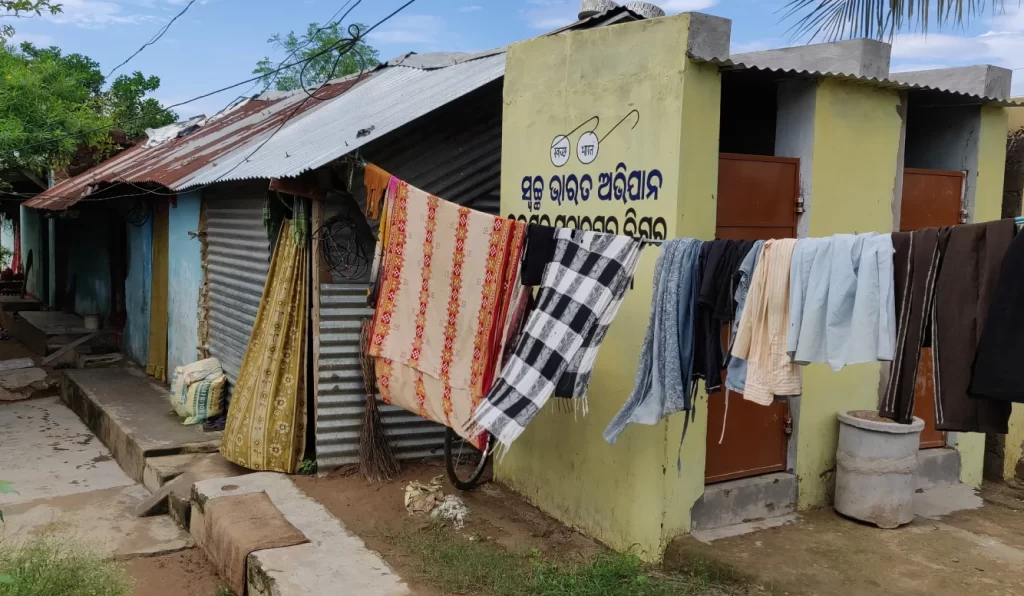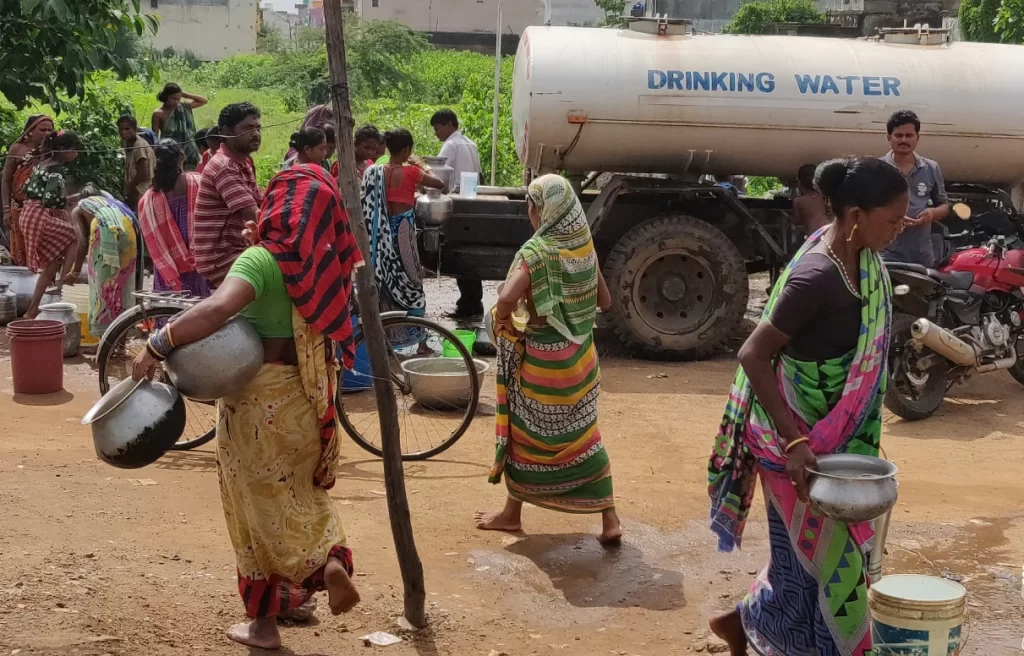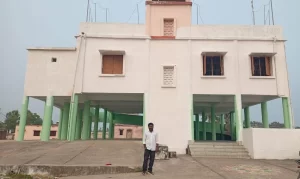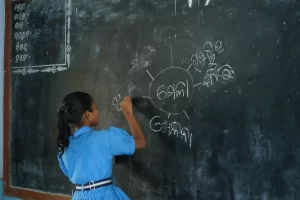Since 2018, I have been privileged to collaborate with Youth for Social Development (YSD), a remarkable organization dedicated to empowering marginalized communities and fostering sustainable development. My association with YSD began during my doctoral research on understanding housing preferences for slum dwellers in Ganjam district of Odisha. It was a transformative experience that opened my eyes to the complexities of urban poverty and the urgent need for inclusive policies.
What initially drew me to YSD was their deep-rooted connections with grassroots communities and their unwavering commitment to amplifying the voices of those often overlooked. Over a span of eight months in 2019 and 2020, we embarked on an extensive journey, conducting interviews and focus group discussions across urban slums in Ganjam district. Our objective was to comprehend the challenges faced by slum dwellers and their housing preferences in light of the recently implemented land rights act in the state.

Employing unique analytical approaches, such as value-focused thinking, our study aimed to highlight the voices of slum communities and identify avenues for understanding alternate explanations of existing problems. The findings of this study provided compelling evidence for the greater need to include community voices and participation in the design and implementation of welfare policies for the urban poor. It reinforced the importance of adopting a bottom-up approach that gives priority to the voices and perspectives of the very communities these policies aim to serve.
As the world grappled with the COVID-19 pandemic, I had the opportunity to directly observe and assist YSD in their fieldwork and designing of projects focusing reviewing the institutional quarantine facilities set up by the Government of Odisha for thousands of migrants who had walked hundreds of kilometers across states to return to their villages in Ganjam district. Together, we were able to highlight the preparedness of the district administration and identify areas for improvement, including the stress faced by ASHA and Anganwadi workers in undertaking their responsibilities. Another project undertaken during the pandemic was a study on the effectiveness of cash transfers in easing the financial stress of marginalized communities during the lockdown. In both these studies, we were able to shed light on how connectivity and technological challenges still played a major hindrance for people to access their rights and for the state to provide basic services effectively.
What sets YSD apart is, their unwavering dedication to grassroots engagement and their commitment to amplifying the voices of those who are often unheard. They understand that sustainable development can only be achieved by actively involving the communities they serve and addressing their unique needs and aspirations.
Through my association with YSD, I have witnessed firsthand the transformative power of community-driven development. Their approach is grounded in the belief that true progress can only be achieved when the voices of the marginalized are heard, understood, and incorporated into the decision-making processes that shape their lives.
One of the most remarkable aspects of working with YSD is their ability to navigate complex sociocultural dynamics and build trust with communities that have historically been marginalized and disenfranchised. Their team of dedicated professionals, many of whom come from the very communities they serve, possess a deep understanding of local contexts and challenges, allowing them to forge genuine connections and facilitate meaningful dialogues.Moreover, YSD’s commitment to capacity building and empowerment is truly inspiring. They not only work to address immediate needs but also invest in long-term solutions by equipping communities with the knowledge, skills, and resources necessary to drive their own development initiatives. This holistic approach ensures that the impact of their interventions is sustainable and empowering, fostering a sense of ownership and self-determination within the communities they serve.

As I reflect on my journey with Youth for Social Development, I am filled with a profound sense of gratitude and admiration for their work. Their unwavering dedication to amplifying grassroots voices and fostering inclusive development has not only enriched my understanding of the complexities of urban poverty but has also reinforced my belief in the power of community-driven solutions. Through my association with YSD, I have witnessed firsthand the transformative impact that can be achieved when the voices of the marginalized are truly heard and incorporated into decision-making processes. It is a reminder that sustainable development is not merely about implementing top-down policies but rather about empowering communities to shape their own destinies and creating an enabling environment for their aspirations to flourish.
Looking ahead, I am excited to continue my collaboration with Youth for Social Development, contributing to their efforts in amplifying grassroots voices and advocating for inclusive and participatory development approaches. Together, we can collectively work towards a future where no voice is left unheard, and every community has the opportunity to thrive and realize its full potential.
By Dr. Namesh Killemsetty
Asst. Professor, Jindal Global University
Board Member, Youth for Social Development




